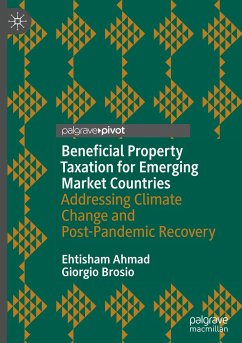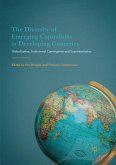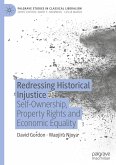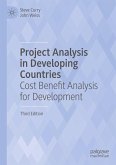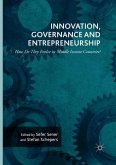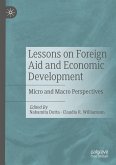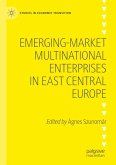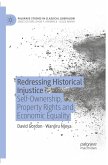This book presents a new approach to recurrent property taxation based on occupancy, size, and location, that will strengthen local governments. Reflecting on the concept of "beneficial property taxation" first proposed by Alfred Marshall, the political economy constraints faced by traditional property taxation are examined and compared with evidence for beneficial property tax seen in China, Mexico, and sub-Saharan Africa. The benefits of this form of taxation are highlighted in relation to the financing of local public services and infrastructure that are required for sustainable development.
This book provides a policy-oriented look at property taxation that engages with the sustainable development goals and lay the foundations for a post-pandemic recovery. It will be relevant to researchers and policymakers interested in development economics and the governance of taxation.
This book provides a policy-oriented look at property taxation that engages with the sustainable development goals and lay the foundations for a post-pandemic recovery. It will be relevant to researchers and policymakers interested in development economics and the governance of taxation.

